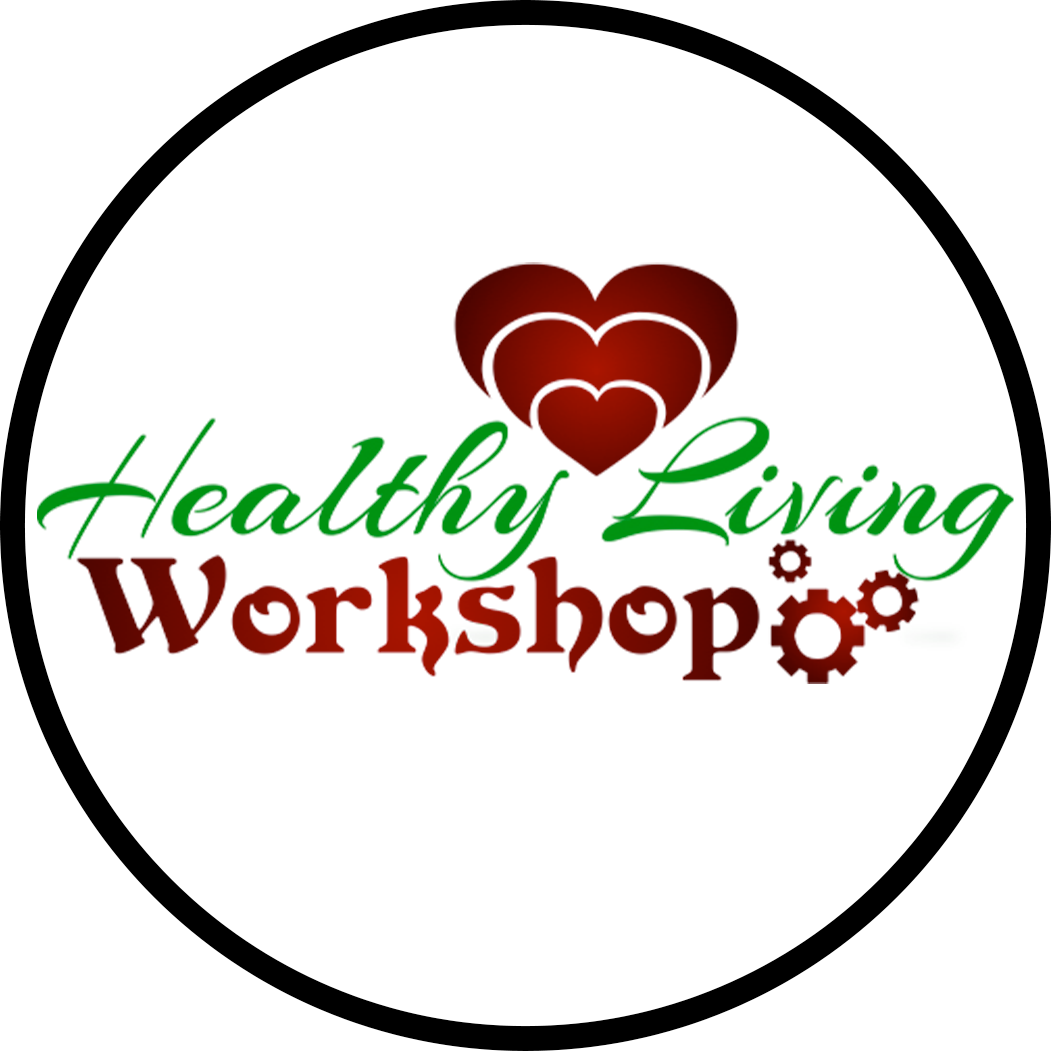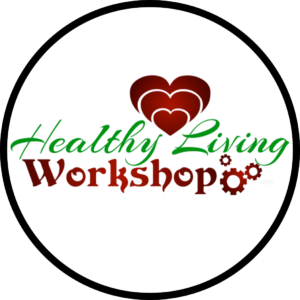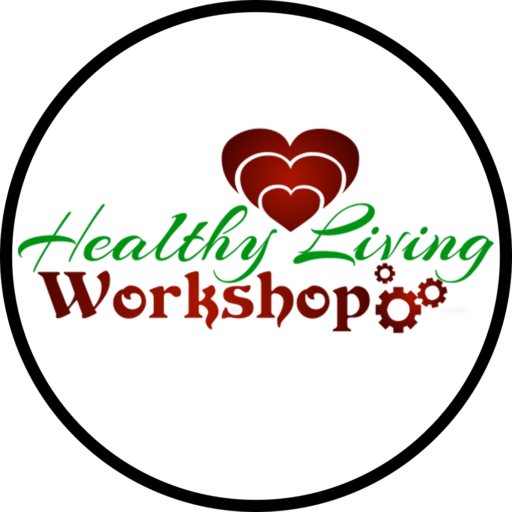Folate and folic acid are vital nutrients that play a crucial role in maintaining overall health and well-being. Folate, a naturally occurring B vitamin, is found in foods such as leafy green vegetables, fruits, and legumes. Folic acid, on the other hand, is the synthetic form of folate, commonly added to fortified foods and supplements.
Both forms of the vitamin are essential for the body’s growth and development, as well as for the production of DNA and red blood cells. Folate and folic acid are particularly crucial for pregnant women, as they help prevent neural tube defects in developing fetuses. However, these nutrients are also vital for people of all ages, as they support the body’s overall health and function.
Additionally, folate and folic acid play a significant role in maintaining mental health, heart health, digestive health, and energy levels. Ensuring adequate intake of these nutrients through diet is essential for overall well-being.
Key Takeaways
- Folate and folic acid play a crucial role in overall health and well-being
- These nutrients can boost mood and mental health
- They are essential for preventing birth defects and supporting a healthy pregnancy
- Folate and folic acid have a significant impact on heart health and disease prevention
- They can also improve digestive health and energy levels
How Folate and Folic Acid Can Boost Your Mood and Mental Health
The Role of Folate and Folic Acid in Neurotransmitter Production
These nutrients are involved in the production of neurotransmitters such as serotonin, dopamine, and norepinephrine, which are crucial for regulating mood, sleep, and appetite. Low levels of folate and folic acid have been linked to an increased risk of depression, anxiety, and other mood disorders.
Regulation of Homocysteine Levels
In addition to their role in neurotransmitter production, folate and folic acid also help regulate homocysteine levels in the blood. High levels of homocysteine have been linked to an increased risk of cognitive decline and dementia. By keeping homocysteine levels in check, folate and folic acid may help support brain health and reduce the risk of age-related cognitive decline.
The Importance of Folate and Folic Acid for Overall Health
In summary, folate and folic acid play a crucial role in maintaining mental health and mood regulation, as well as supporting brain health and reducing the risk of age-related cognitive decline. Ensuring adequate intake of these nutrients is essential for overall health and well-being.
The Role of Folate and Folic Acid in Preventing Birth Defects and Supporting Pregnancy
Folate and folic acid are particularly important for women who are pregnant or planning to become pregnant. These nutrients play a crucial role in preventing neural tube defects such as spina bifida and anencephaly. Neural tube defects occur in the first few weeks of pregnancy, often before a woman even knows she is pregnant, so it’s important for women of childbearing age to ensure they are getting enough folate and folic acid in their diet.
In addition to preventing birth defects, folate and folic acid also support overall pregnancy health. These nutrients help support the growth and development of the fetus, as well as the production of new red blood cells for both the mother and the baby. It’s important for pregnant women to take a prenatal vitamin that contains folic acid to ensure they are getting enough of this essential nutrient during pregnancy.
Folate and folic acid are particularly important for women who are pregnant or planning to become pregnant. These nutrients play a crucial role in preventing neural tube defects such as spina bifida and anencephaly. Neural tube defects occur in the first few weeks of pregnancy, often before a woman even knows she is pregnant, so it’s important for women of childbearing age to ensure they are getting enough folate and folic acid in their diet.
In addition to preventing birth defects, folate and folic acid also support overall pregnancy health. These nutrients help support the growth and development of the fetus, as well as the production of new red blood cells for both the mother and the baby. It’s important for pregnant women to take a prenatal vitamin that contains folic acid to ensure they are getting enough of this essential nutrient during pregnancy.
Folate and Folic Acid’s Impact on Heart Health and Disease Prevention
| Benefits of Folate and Folic Acid | Effects on Well-being |
|---|---|
| Supports cell division and growth | Helps in the formation of red blood cells and DNA synthesis |
| Reduces the risk of neural tube defects during pregnancy | Supports healthy fetal development |
| May lower the risk of heart disease | Supports cardiovascular health |
| May reduce the risk of certain cancers | Supports overall health and well-being |
Folate and folic acid play a crucial role in heart health and disease prevention. These nutrients help regulate homocysteine levels in the blood, which is important for reducing the risk of heart disease. High levels of homocysteine have been linked to an increased risk of heart attack, stroke, and other cardiovascular diseases.
In addition to their role in regulating homocysteine levels, folate and folic acid also support overall cardiovascular health by promoting healthy blood flow and circulation. These nutrients help support the production of new red blood cells, which carry oxygen throughout the body. By supporting healthy blood flow, folate and folic acid may help reduce the risk of high blood pressure, blood clots, and other cardiovascular issues.
Folate and folic acid play a crucial role in heart health and disease prevention. These nutrients help regulate homocysteine levels in the blood, which is important for reducing the risk of heart disease. High levels of homocysteine have been linked to an increased risk of heart attack, stroke, and other cardiovascular diseases.
In addition to their role in regulating homocysteine levels, folate and folic acid also support overall cardiovascular health by promoting healthy blood flow and circulation. These nutrients help support the production of new red blood cells, which carry oxygen throughout the body. By supporting healthy blood flow, folate and folic acid may help reduce the risk of high blood pressure, blood clots, and other cardiovascular issues.
The Surprising Ways Folate and Folic Acid Can Improve Digestive Health
Folate and folic acid also play a role in supporting digestive health. These nutrients help support the production of new cells in the digestive tract, which is important for maintaining a healthy gut lining. A healthy gut lining is crucial for proper digestion and nutrient absorption, as well as for supporting overall immune function.
In addition to supporting gut health, folate and folic acid may also help reduce the risk of certain digestive issues such as inflammatory bowel disease (IBD) and irritable bowel syndrome (IBS). These conditions can cause inflammation and damage to the digestive tract, but folate and folic acid may help support the repair and regeneration of healthy gut cells. Folate and folic acid also play a role in supporting digestive health.
These nutrients help support the production of new cells in the digestive tract, which is important for maintaining a healthy gut lining. A healthy gut lining is crucial for proper digestion and nutrient absorption, as well as for supporting overall immune function. In addition to supporting gut health, folate and folic acid may also help reduce the risk of certain digestive issues such as inflammatory bowel disease (IBD) and irritable bowel syndrome (IBS).
These conditions can cause inflammation and damage to the digestive tract, but folate and folic acid may help support the repair and regeneration of healthy gut cells.
Folate and Folic Acid’s Influence on Energy Levels and Fatigue
Supporting Energy Production
These nutrients are crucial for the production of new red blood cells, which are responsible for carrying oxygen throughout the body. By ensuring that the body has an adequate supply of red blood cells, folate and folic acid help to reduce feelings of fatigue and improve overall energy levels.
Boosting Metabolism
In addition to their role in supporting energy levels, folate and folic acid also play a key role in supporting metabolism. They help to break down carbohydrates into glucose, which is then used by the body for energy. By supporting healthy metabolism, folate and folic acid can help to improve energy levels and reduce feelings of fatigue.
Overall Health Benefits
In summary, folate and folic acid are essential nutrients that play a crucial role in maintaining energy levels and reducing fatigue. By supporting the production of red blood cells and boosting metabolism, these nutrients can help to improve overall health and wellbeing.
How to Incorporate Folate and Folic Acid into Your Diet for Optimal Well-being
There are many ways to incorporate folate and folic acid into your diet to support your overall well-being. Some good food sources of folate include leafy green vegetables such as spinach, kale, and collard greens; fruits such as oranges, bananas, and strawberries; legumes such as lentils, chickpeas, and black beans; as well as fortified foods such as breads, cereals, pasta, rice, and other grain products. In addition to getting folate from food sources, you can also take a folic acid supplement to ensure you are getting enough of this essential nutrient.
Many prenatal vitamins contain folic acid to support pregnancy health, but anyone can benefit from taking a folic acid supplement to ensure they are getting enough of this important nutrient. There are many ways to incorporate folate and folic acid into your diet to support your overall well-being. Some good food sources of folate include leafy green vegetables such as spinach, kale, and collard greens; fruits such as oranges, bananas, and strawberries; legumes such as lentils, chickpeas, and black beans; as well as fortified foods such as breads, cereals, pasta, rice, and other grain products.
In addition to getting folate from food sources, you can also take a folic acid supplement to ensure you are getting enough of this essential nutrient. Many prenatal vitamins contain folic acid to support pregnancy health, but anyone can benefit from taking a folic acid supplement to ensure they are getting enough of this important nutrient. In conclusion, folate and folic acid play a crucial role in overall health and well-being.
These essential nutrients support mental health, heart health, digestive health, energy levels, pregnancy health, as well as many other aspects of well-being. It’s important to ensure that you are getting enough folate and folic acid in your diet through food sources or supplements to support your overall health. Whether you’re pregnant or just looking to improve your mood or energy levels, incorporating more folate-rich foods or taking a folic acid supplement can have a positive impact on your well-being.
FAQs
What is folate and folic acid?
Folate is a B vitamin that is naturally found in foods such as leafy greens, fruits, and legumes. Folic acid is the synthetic form of folate, often found in fortified foods and supplements.
What are the benefits of folate and folic acid?
Folate and folic acid play a crucial role in cell division and DNA synthesis, making them essential for overall health. They are particularly important for pregnant women, as they can help prevent birth defects. Additionally, folate and folic acid may also support heart health and cognitive function.
How can folate and folic acid improve well-being?
By supporting healthy cell division and DNA synthesis, folate and folic acid can help improve energy levels, mood, and overall well-being. They also play a role in the production of neurotransmitters, which can impact mental health.
What are some food sources of folate?
Folate can be found in a variety of foods, including leafy greens (such as spinach and kale), fruits (such as oranges and bananas), and legumes (such as lentils and chickpeas). Other sources include fortified cereals and grains.
Should I take a folate or folic acid supplement?
It’s always best to get nutrients from whole foods, but some individuals may benefit from a folate or folic acid supplement, especially pregnant women or those with a folate deficiency. It’s important to consult with a healthcare professional before starting any new supplement regimen.














